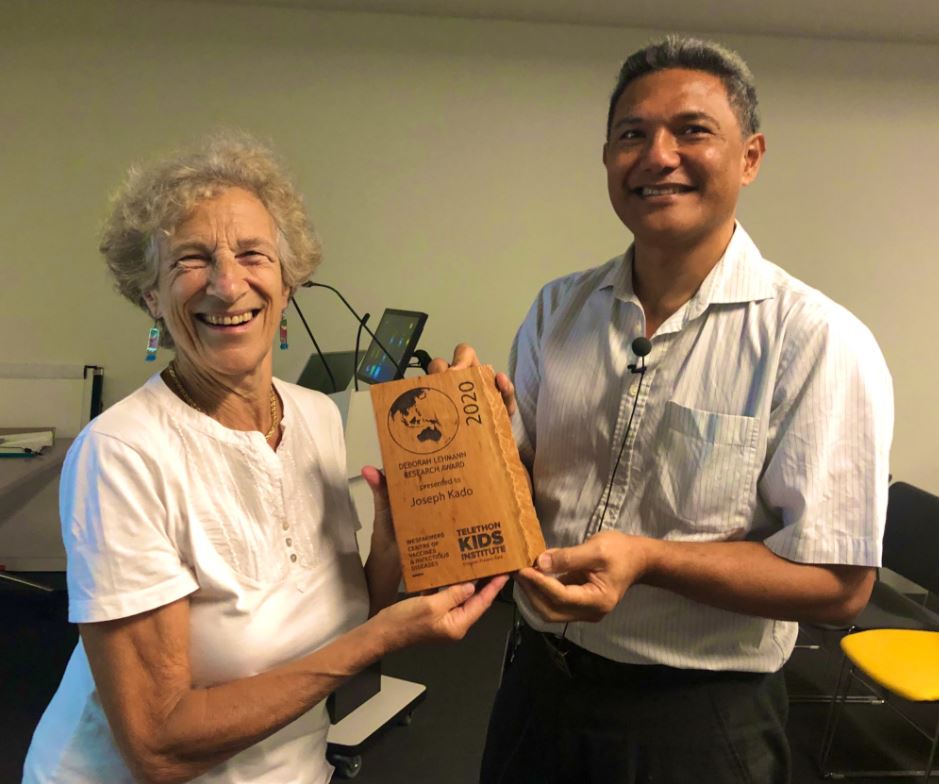Search
Showing results for "1"
Research
Language, cognitive flexibility, and explicit false belief understanding: Longitudinal analysis in typical development and Specific Language ImpairmentThe hypothesis that language plays a role in theory-of-mind (ToM) development is supported by a number of lines of evidence.
Research
Calcium and Vitamin D for obesity: review of randomized controlled trialsObesity often coexists with low calcium intake and vitamin D insufficiency.
Research
Changes in lung volume during spells in children with Tetralogy of Fallot under general anesthesiaTo describe the changes in end-expiratory lung volume and ventilation inhomogeneities during spells in three children with Tetralogy of Fallot.
Research
Yarning about yarning as a legitimate method in Indigenous ResearchThis article demonstrates the credibility and rigor of yarning, an Indigenous cultural form of conversation, through its use as a data gathering tool
Join the Bioresources team at The Kids Research Institute Australia and be part of leading medical research
To coordinate and monitor clinical trial sites with the aim of meeting protocol and good clinical practice requirements.

The Wesfarmers Centre has established the Deborah Lehmann Research Award to acknowledge the significant contribution that Clinical Associate Professor Deborah Lehmann AO has made to paediatric infectious disease research.


News & Events
Child Health Research Seminars March 2013The Kids for Child Health Research presents seminars from our leading researchers every Friday. They are designed to inform both the scientific co
